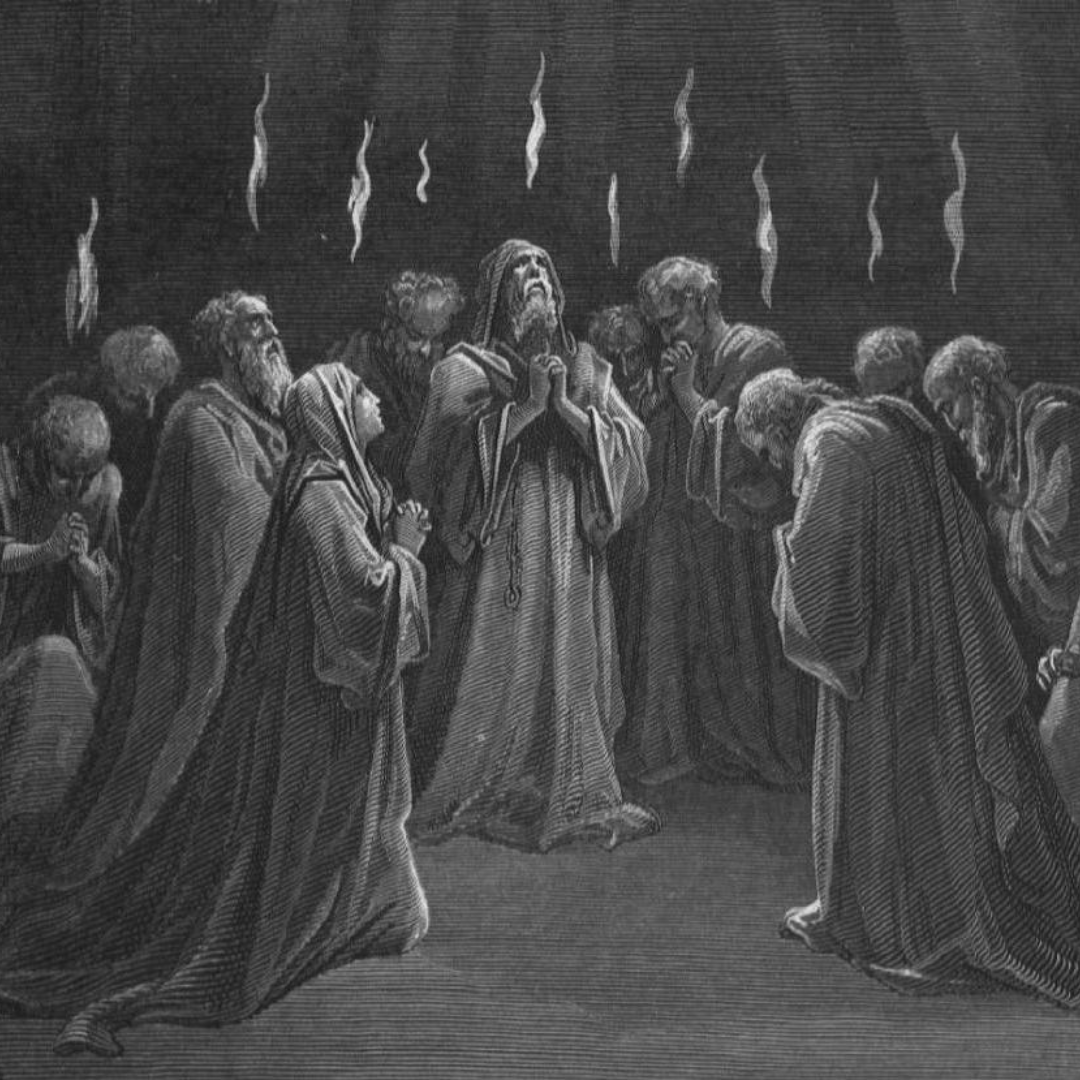
By Clement Harrold
May 17, 2024
In the fourth century, the Catholic Church struggled mightily against a heresy known as Macedonianism. Made popular by a former bishop of Constantinople called Macedonius, the Macedonian heresy denied the full divinity of the Holy Spirit, arguing instead that the Spirit was a created being who held an inferior role to the Father and the Son.
For this reason, followers of the Macedonian heresy became known as Pneumatomachians, meaning "Spirit fighters." Their teachings were challenged by figures like St. Athanasius of Alexandria and St. Basil of Caesarea. At the Council of Constantinople in A.D. 381, the heresy was formally condemned; the Council clarified that the Holy Spirit is truly God, proceeding from the Father and the Son, and adored and glorified together with them.
The Church is very clear, therefore, in defending the divinity of the Holy Spirit. But where does this belief appear in Sacred Scripture? Does the Bible offer us any insights on the question? As a matter of fact, yes, it does! Not only does the Bible explicitly use the phrase "Holy Spirit" (Greek, pneuma to hagion) in John 14:26, it also affirms on multiple occasions that this Spirit is indeed God.
One instance of this comes in Saint Paul's poignant question in 1 Corinthians 6:19: "Do you not know that your body is a temple of the Holy Spirit within you, which you have from God?" As St. Thomas Aquinas and others have pointed out, this is sure proof that Paul recognized the divinity of the Spirit. Why? Because only God is allowed to dwell in a temple! Hence, if our bodies are temples, and if the Holy Spirit resides in them, then the Holy Spirit must be God.
Another significant episode comes in chapter 5 of the Acts of the Apostles, when the couple named Ananias and Sapphira sell a piece of property and then make a pretense of offering all the proceeds to the apostles, while dishonestly holding back some of the profits for themselves. Aware of what has taken place, Peter challenges Ananias with these words: "Why has Satan filled your heart to lie to the Holy Spirit and to keep back part of the proceeds of the land? … You have not lied to men but to God" (vv. 3-4). Here Peter very clearly equates the Holy Spirit with God; by lying to the Holy Spirit, Ananias has lied to God Himself.
These are just two of a plethora of passages in the Scriptures which point to the divinity of the Holy Spirit. At the same time, it is worth noting the way in which the Bible clearly unites the Three Persons of the Trinity into one. We see this in the Great Commission at the end of Matthew's Gospel, for example, when Jesus tells His followers to "go therefore and make disciples of all nations, baptizing them in the name of the Father and of the Son and of the Holy Spirit" (Mt 28:19).
At decisive moments in the life of Jesus, moreover, we observe the revelation of God's trinitarian glory. At the baptism in the river Jordan, for example, we see Jesus joined by the voice of the Father and the presence of the dove, symbolizing the Spirit. Likewise, at the transfiguration we again have the Son and the voice of the Father, and this time the Spirit makes Himself known under the appearance of a cloud.
Within the Old Testament, too, we should remember that the Spirit is there right in the first few verses of Genesis, "moving over the face of the waters" (Gen 1:2). But the Father and the Spirit weren't alone, for Saint Paul reminds us that the Son was there too at the moment of creation: "all things were created through him and for him" (Col 1:16). Hence from the beginning of time and for all eternity, the Father, Son, and Holy Spirit have been united in substance and love: three Divine Persons in one eternal Godhead.
Further Reading:
https://www.catholic.com/magazine/online-edition/the-holy-spirit-is-god
About Clement Harrold
Clement Harrold is a graduate student in theology at the University of Notre Dame. His writings have appeared in First Things, Church Life Journal, Crisis Magazine, and the Washington Examiner. He earned his bachelor's degree from Franciscan University of Steubenville in 2021.













